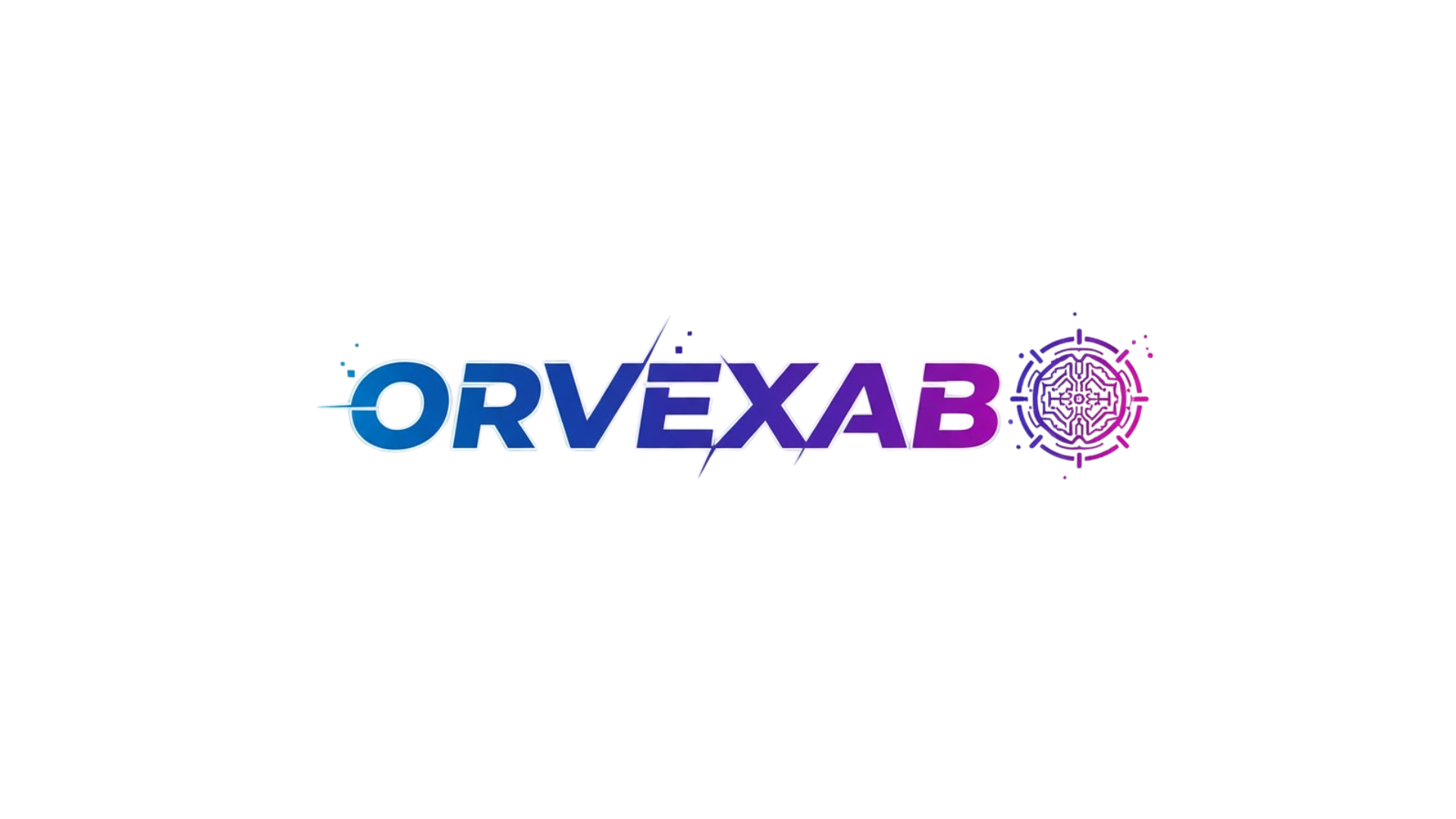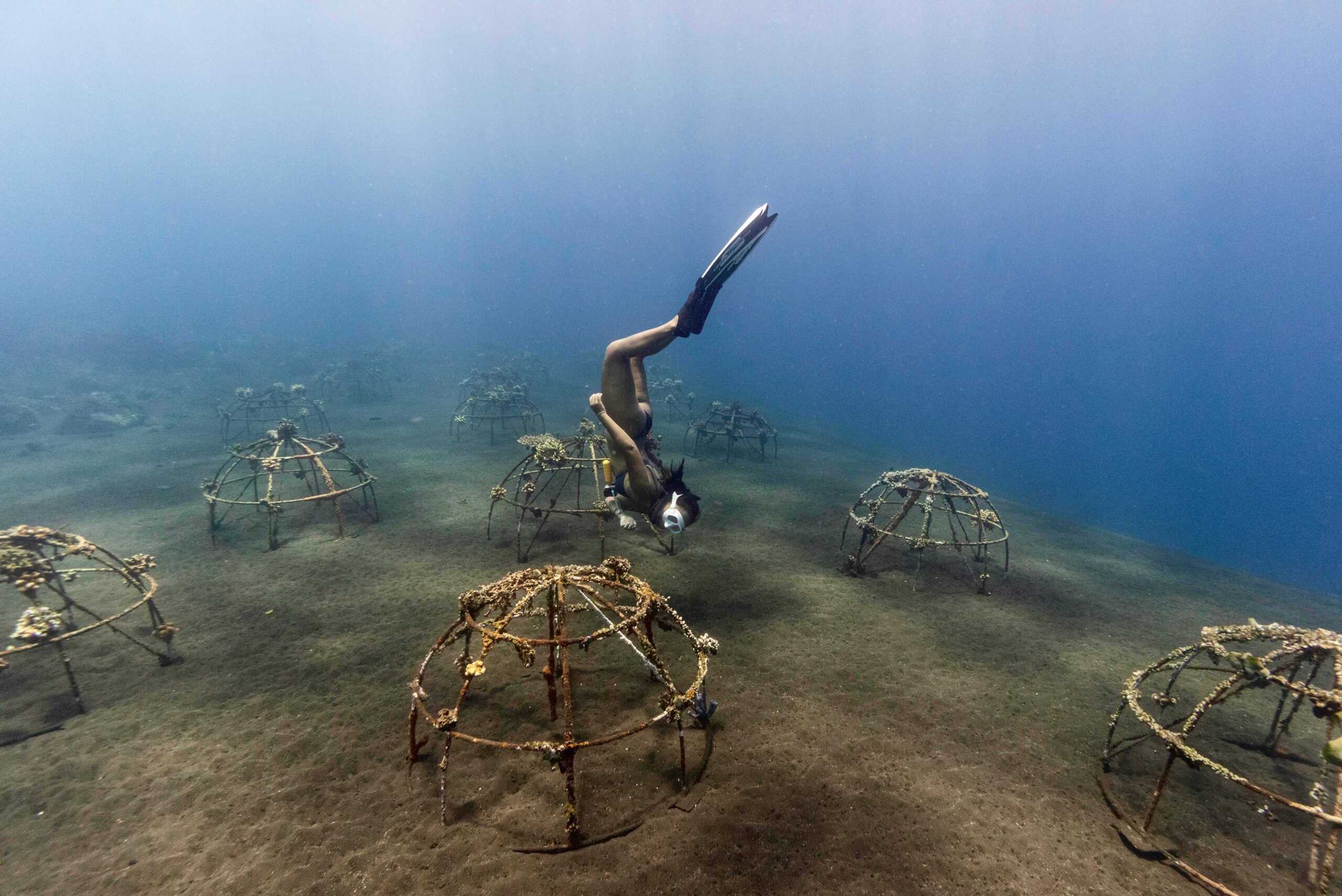The discovery of life beyond Earth would fundamentally reshape humanity’s understanding of existence, ethics, and our place in the cosmos. 🌌
As we stand on the precipice of potentially groundbreaking astrobiological discoveries, the philosophical and ethical implications of finding extraterrestrial life demand careful consideration. The intersection of astrobiology and ethics creates a new frontier of thought that challenges our anthropocentric worldviews and forces us to reconsider fundamental questions about consciousness, rights, and moral responsibility on a cosmic scale.
The rapid advancement of space exploration technologies, from Mars rovers to increasingly sophisticated telescopes capable of analyzing exoplanet atmospheres, brings us closer than ever to answering the age-old question: Are we alone? Yet, as our technical capabilities expand, our ethical frameworks struggle to keep pace. This growing gap between technological possibility and moral preparedness represents one of the most significant philosophical challenges of our time.
🔬 The Foundation of Astrobiological Ethics
Astrobiological philosophy emerges from the convergence of multiple disciplines, including biology, astronomy, philosophy, and ethics. At its core lies a fundamental question that challenges our species-centric moral frameworks: If we discover life beyond Earth, what ethical obligations do we have toward it?
Traditional ethical systems were developed within the context of Earth-based life, primarily focused on human interactions and, more recently, extending consideration to other terrestrial species. These frameworks assume certain biological and cognitive characteristics that may not apply to extraterrestrial organisms. The potential discovery of alien microbes, intelligent civilizations, or something entirely unprecedented demands a radical expansion of our moral imagination.
Contemporary philosophers and astrobiologists are working to develop ethical guidelines that account for various scenarios. These range from discovering simple microbial life on Mars or Europa to detecting signals from technologically advanced civilizations light-years away. Each scenario presents unique moral challenges that require careful deliberation before we face them in reality.
Redefining the Boundaries of Moral Consideration
The principle of moral consideration—determining which entities deserve ethical treatment—becomes extraordinarily complex when applied to potential extraterrestrial life. On Earth, we generally extend moral status based on criteria such as sentience, consciousness, or the capacity to suffer. But what if alien life operates on fundamentally different biological principles?
Silicon-based organisms, collective intelligences, or life forms existing in states of matter unfamiliar to us might not fit neatly into our existing ethical categories. This uncertainty compels us to develop more flexible and inclusive moral frameworks that don’t rely solely on anthropocentric or even carbon-centric assumptions about what constitutes life worthy of ethical consideration.
🛸 The Prime Directive: Planetary Protection and Non-Interference
The concept of planetary protection has been a cornerstone of space exploration since its inception, but it takes on profound ethical dimensions when viewed through an astrobiological lens. Current protocols aim to prevent biological contamination in both directions—protecting potential extraterrestrial ecosystems from Earth life and safeguarding our planet from unknown alien organisms.
These guidelines reflect a precautionary principle rooted in humility and recognition of our ignorance. We simply don’t know what consequences might arise from introducing Earth microbes to another world’s ecosystem or vice versa. The ethical imperative to “do no harm” extends beyond human welfare to encompass entire planetary biospheres we have yet to fully understand.
However, practical challenges complicate these ideals. Complete sterilization of spacecraft is technically impossible, and some argue that the spread of life throughout the universe might be a positive development rather than something to prevent. This tension between preservation and propagation represents a fundamental divide in astrobiological ethics.
The Ethics of Terraforming and Cosmic Gardening
Terraforming—the hypothetical process of transforming other planets to support Earth-like life—raises profound ethical questions. If Mars harbors indigenous microbial life, would terraforming constitute an act of cosmic genocide? Even if a planet is lifeless, do we have the right to fundamentally alter entire worlds to suit our needs?
Some philosophers argue that lifeless planets represent wasted potential and that humanity has a moral imperative to spread life and consciousness throughout the cosmos. Others contend that even barren worlds possess intrinsic value in their pristine, natural states. This debate echoes Earth-based environmental ethics but on an unprecedented scale, with consequences that could persist for billions of years.
👽 First Contact: Ethical Frameworks for Interspecies Communication
The possibility of encountering intelligent extraterrestrial life introduces additional layers of ethical complexity. How should humanity approach first contact with an alien civilization? What protocols should govern our communication, and who has the authority to speak on behalf of our species?
Current SETI (Search for Extraterrestrial Intelligence) protocols involve primarily passive listening, but proposals for active messaging—deliberately broadcasting signals to potentially inhabited star systems—remain controversial. Critics argue that announcing our presence could expose humanity to existential risks, while proponents contend that remaining silent is both futile and potentially unethical.
The ethical framework for interstellar communication must address questions of representation, consent, and risk assessment. Should any individual or organization have the authority to potentially speak for all humanity? How do we weigh the potential benefits of contact against possible dangers? These questions lack clear answers but demand serious consideration as our technological capabilities advance.
The Zoo Hypothesis and Observational Ethics
The zoo hypothesis suggests that advanced extraterrestrial civilizations might be aware of humanity but deliberately avoid contact, observing us as we might study animals in a wildlife preserve. If true, this raises fascinating questions about the ethics of observation and non-interference from the perspective of more advanced beings.
This thought experiment invites us to consider our own ethical responsibilities should we discover less technologically advanced civilizations. Would we have the right—or duty—to intervene in their development? Under what circumstances might contact be justified or prohibited? These questions parallel ongoing debates about intervention in isolated human cultures on Earth but with far greater implications.
🧬 The Rights of Non-Human Intelligence
Discovering intelligent alien life would necessitate developing frameworks for recognizing and respecting non-human rights on a cosmic scale. What fundamental rights might we recognize for beings with different biological substrates, sensory experiences, and cognitive architectures?
Contemporary discussions of animal rights and artificial intelligence provide some foundation for this ethical territory, but extraterrestrial intelligence could challenge these frameworks in unprecedented ways. An alien consciousness might experience reality so differently from us that mutual understanding becomes extraordinarily difficult, yet ethical obligations might exist regardless of our ability to comprehend their subjective experience.
Consciousness, Sentience, and Moral Status in the Cosmos
The criteria we use to determine moral status—typically involving some combination of consciousness, sentience, and sapience—may prove inadequate when applied to alien life. A collective intelligence spanning an entire planet, for instance, might not exhibit consciousness in any way we recognize, yet destroying it would eliminate something potentially precious and irreplaceable.
Astrobiological philosophy challenges us to develop more sophisticated and flexible approaches to recognizing morally significant entities. This work has implications not only for potential alien encounters but also for how we treat artificial intelligence, ecological systems, and non-human animals here on Earth.
🌍 Environmental Ethics on a Cosmic Scale
The extension of environmental ethics beyond Earth introduces questions about the scope and limits of our moral obligations. Does the entire universe fall within our sphere of ethical concern, or should we focus primarily on our local cosmic neighborhood?
Deep ecology and ecocentric philosophies emphasize the intrinsic value of natural systems regardless of their utility to humans. Applied to astrobiology, these perspectives suggest that alien ecosystems deserve protection and respect independent of any benefits they might provide to humanity. This view contrasts sharply with more anthropocentric approaches that prioritize human interests in extraterrestrial resource utilization and colonization.
The Fermi Paradox and the Ethics of Cosmic Silence
The Fermi Paradox—the apparent contradiction between the high probability of extraterrestrial civilizations and the lack of evidence for them—has ethical implications worth exploring. One potential explanation is that advanced civilizations inevitably face existential challenges they fail to overcome. If true, this carries urgent ethical implications for humanity’s own trajectory.
Alternatively, the silence might suggest that advanced civilizations adopt policies of extreme caution and discretion, possibly for ethical reasons we don’t yet understand. Contemplating these possibilities encourages humility and careful consideration of our own cosmic impact and long-term survival strategies.
⚖️ Justice, Equity, and Resource Distribution Beyond Earth
As space exploration and potential colonization advance, questions of justice and fair resource distribution take on cosmic dimensions. Who has the right to exploit extraterrestrial resources? How should the benefits and risks of space exploration be distributed among Earth’s diverse human populations?
Current international space law, primarily based on the Outer Space Treaty of 1967, establishes that space is the “province of all mankind” and that celestial bodies cannot be claimed by sovereign nations. However, these principles face challenges from emerging commercial space industries and the practical realities of space resource utilization.
The ethical framework for space resource distribution must address not only relations between nations and corporations but also potential obligations to future generations and any life forms we might encounter. This requires developing principles of cosmic justice that balance exploration, preservation, and equitable benefit-sharing.
🔮 Preparing for Paradigm Shifts in Human Self-Understanding
Perhaps the most profound ethical challenge of astrobiology lies not in specific protocols or guidelines but in the psychological and philosophical preparation for potentially world-changing discoveries. The confirmation of extraterrestrial life—especially intelligent life—would represent one of the most significant events in human history, fundamentally altering our self-conception and place in the universe.
History suggests that major paradigm shifts, from heliocentrism to evolution, initially provoke resistance and cultural upheaval. The discovery of alien life could be even more disruptive, challenging religious worldviews, philosophical assumptions, and social structures. Ethical preparation involves not just developing policies but fostering psychological resilience and philosophical frameworks that can accommodate radical revisions to our understanding of life and humanity’s cosmic significance.
The Responsibility of Scientific Communication
Scientists and communicators working in astrobiology bear special ethical responsibilities regarding how potential discoveries are framed and shared with the public. Sensationalism could provoke unnecessary panic or unrealistic expectations, while excessive caution might undermine public trust and support for space exploration.
Developing ethical guidelines for communicating astrobiological findings requires balancing transparency, accuracy, and sensitivity to diverse cultural and religious perspectives. This includes recognizing that different communities may interpret discoveries through varied philosophical and theological lenses, all deserving respectful consideration.

🚀 Moving Forward with Wisdom and Wonder
The ethical frontiers of astrobiological philosophy represent humanity’s attempt to extend moral consideration and responsibility beyond our planetary boundaries. This endeavor requires intellectual humility, imaginative flexibility, and a willingness to question assumptions that have guided human ethics for millennia.
As we develop technologies capable of detecting biosignatures on distant exoplanets, analyzing subsurface oceans on icy moons, and potentially making contact with alien civilizations, the need for robust ethical frameworks becomes increasingly urgent. These frameworks must be sophisticated enough to address complex scenarios yet flexible enough to adapt as our understanding evolves.
The philosophical work of astrobiological ethics serves multiple purposes. It prepares us for potential discoveries that could occur within our lifetimes, guides current space exploration policies, and enriches our understanding of ethics itself by forcing us to think beyond terrestrial constraints. Moreover, this work encourages a cosmic perspective that might help humanity address challenges here on Earth, from environmental degradation to international conflict.
Ultimately, exploring the ethical frontiers of astrobiological philosophy is an exercise in expanding our moral imagination while maintaining rigorous philosophical discipline. It challenges us to think bigger while remaining grounded in careful reasoning and ethical principles. As we venture further into the cosmos, both physically and intellectually, these philosophical explorations will prove essential for navigating the moral landscape of life beyond Earth with wisdom, compassion, and appropriate reverence for the profound mysteries we may encounter among the stars.
The questions raised by astrobiological ethics may not have definitive answers, but wrestling with them makes us more thoughtful, humble, and prepared for whatever cosmic surprises await. In this sense, the journey of exploration—both scientific and philosophical—may be as valuable as any destination we ultimately reach. 🌟
Toni Santos is an exoplanet-researcher and space-ecology writer exploring how alien biosphere models, astrobiology frontiers and planetary habitability studies redefine life beyond Earth. Through his work on space sustainability, planetary systems and cosmic ecology, Toni examines how living systems might emerge, adapt and thrive in the wider universe. Passionate about discovery, systems-design and planetary life, Toni focuses on how ecology, biology and cosmology converge in the exoplanetary context. His work highlights the frontier of life’s possibility — guiding readers toward the vision of ecosystem beyond Earth, connection across worlds, and evolution of consciousness in cosmic habitat. Blending astrobiology, ecology and system theory, Toni writes about the future of living worlds — helping readers imagine how life, planet and purpose might converge beyond our Earth. His work is a tribute to: The exploration of life in exoplanetary systems and the unknown biospheres The vision of space habitability, sustainability and planetary design The inspiration of universal ecology, cosmic connection and evolutionary potential Whether you are a scientist, dreamer or world-builder, Toni Santos invites you to explore the exoplanetary frontier — one world, one biosphere, one insight at a time.




